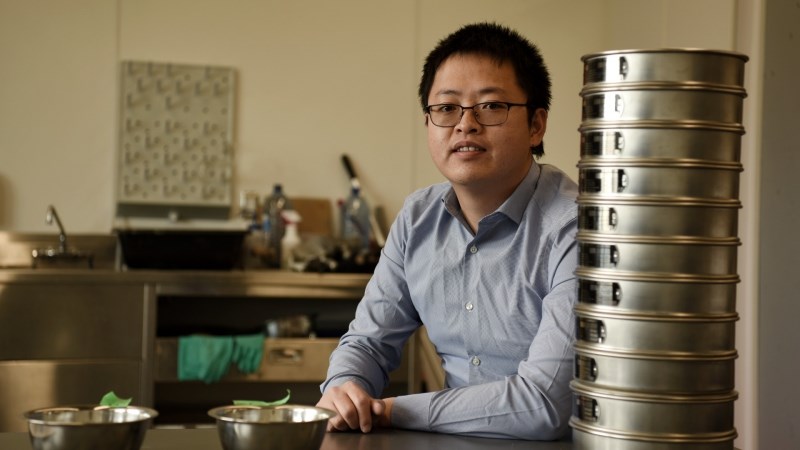An engineering professor at the University of Northern British Columbia has received a federal research grant to study the efficiency and safety of shale gas and geothermal energy extraction.
The UNBC says Dr. Wenbo Zheng, an engineering assistant professor at the school, has received a $142,500 grant from the Natural Sciences and Engineering Research Council to further his research into deep earth resource extraction.
The university says Zheng’s project sets out to better understand how sand used as proppants during hydraulic fracturing interacts with rock formations home to shale gas reserves. His research will also explore ways to extract gas and deep geothermal energy efficiently while mitigating geohazards such as small-scale earthquakes and landslides.
“This research project will advance my long-term objectives by improving the characterization and modelling of the rock-proppant interaction in hydraulic fractures to safely enhance natural gas recovery from deep rock formations,” Zheng said in a release. “The improved characterization and modelling of the rock-proppant interaction are also applicable to the emerging enhanced geothermal systems.”
The university says the grant will support both undergraduate and graduate researchers in Zheng’s lab.
Zheng will be collaborating with Dr. Ranjith Pathegama Gamage and the Deep Earth Energy Research Group at Monash University in Australia, as well as Dr. Xinli Hu and the geohazard group at the China University of Geosciences.
Zheng says the UNBC is ideally situated near natural gas fields in northeast B.C. to carry out his research. He will also be working with Calgary-based AGAT Laboratories and is seeking other opportunities to work with industrial partners and provincial oil and gas regulators, the university said.
“Situated in northern B.C., UNBC provides an excellent venue for conducting research in the area that is globally significant as well as highly relevant to the local industry,” he says. “UNBC has a comprehensive multi-disciplinary research team in natural resources and environmental sciences, which provides great opportunities for interdisciplinary collaboration through this project.”
Email Managing Editor Matt Preprost at [email protected]



